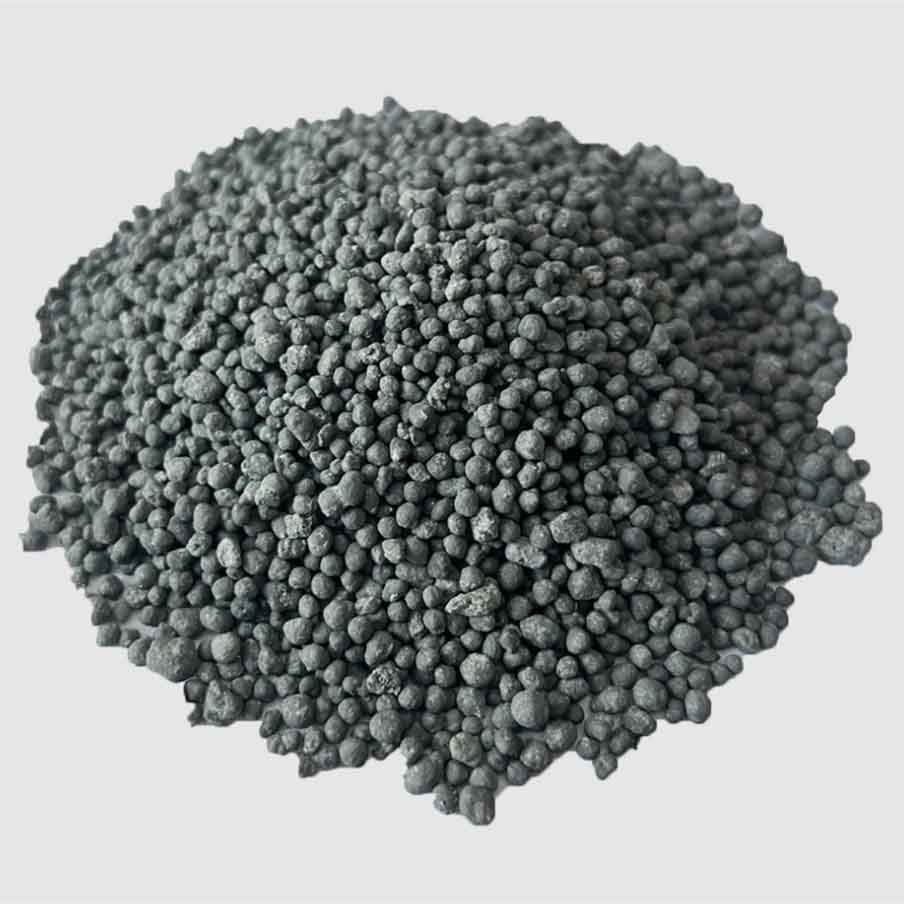
พ.ย. . 08, 2024 10:35 Back to list
Exploring the Benefits and Applications of Potassium Humate in Agriculture and Gardening
The Benefits and Applications of Potassium Humate
Potassium humate, a natural organic compound derived from humic substances, is gaining attention in various fields for its numerous benefits. This versatile material is derived from the earth's natural deposits of organic matter and is primarily used in agriculture, horticulture, and environmental management. Its rich nutrient profile and ability to improve soil health make it an invaluable resource.
What is Potassium Humate?
Potassium humate is created through the decomposition of plant material over thousands of years, resulting in a dark, coal-like substance. It is soluble in water, making it readily available for plants to absorb. As a humic substance, potassium humate contains a variety of nutrients, including potassium, micronutrients (like boron and iron), and organic acids. This unique composition lends itself to numerous beneficial properties.
Benefits in Agriculture
One of the most significant applications of potassium humate is in agriculture. Farmers and growers use it as a soil amendment to improve soil structure and fertility. The high potassium content helps stimulate plant growth, enhancing the development of roots and increasing crop yields. Additionally, potassium humate improves the cation-exchange capacity of the soil, enabling it to retain more nutrients and water. This is particularly beneficial in sandy soils, which typically have poor nutrient retention.
In addition to promoting growth, potassium humate has been shown to enhance the availability of other nutrients in the soil. It helps chelate various micronutrients, making them more accessible to plants. This is crucial, as many crops often suffer from nutrient deficiencies, leading to suboptimal growth and yields. The application of potassium humate can mitigate these deficiencies and encourage healthy plant development.
Environmental Benefits
potassium humate

Potassium humate is also recognized for its potential environmental benefits. It can improve soil health by enhancing microbial activity and promoting a diverse soil ecosystem. Healthy soil is fundamental to sustainable agriculture, as it helps manage pests and diseases naturally without relying solely on chemical pesticides.
Moreover, potassium humate plays a role in carbon sequestration. By improving soil structure and promoting the growth of organic matter, it helps in capturing carbon dioxide from the atmosphere and storing it in the soil. This process is essential for combating climate change, as it mitigates the impact of greenhouse gases.
Horticulture and Turf Management
In addition to traditional agriculture, potassium humate has found applications in horticulture and turf management. Gardeners often use it to improve the health of their plants, as it enhances nutrient uptake and promotes flowering and fruiting. The compound can be applied to lawns to improve overall vigor, making turf more resilient to stress, such as drought and disease.
Professional landscapers who manage golf courses and sports fields utilize potassium humate to maintain the quality of the turf. By improving soil conditions, turf becomes denser, greener, and more resistant to wear and tear. This results in aesthetically pleasing and functional green spaces.
Conclusion
Potassium humate stands out as a multi-functional organic compound with numerous benefits for agriculture, horticulture, and environmental health. Its ability to improve soil quality, enhance nutrient availability, and promote plant growth makes it an essential tool for farmers and gardeners alike. Furthermore, its positive impact on the environment and collaboration with sustainable practices cannot be overlooked.
As more growers recognize the advantages of potassium humate, its application is likely to increase, contributing to a more sustainable approach to agriculture and land management. The holistic benefits of potassium humate not only enhance the productivity of crops but also promote a healthier ecosystem, paving the way for a more sustainable future in food production and environmental conservation. Thus, embracing this natural resource can lead us toward a greener and more fruitful world.
-
Premium Granular Ammonium Sulphate: 21% N & 24% S Fertilizer
NewsJul.20,2025
-
Best 15-30-15 Granular Fertilizer for Boosting Flowering & Growth
NewsJul.20,2025
-
High-Quality NPK Fertilizer Raw Material Manufacturer & Supplier Trusted Factory Exporter
NewsJul.08,2025
-
Organic 20-20-20 Plant Fertilizer Supplier Premium Organic Fertilizer Manufacturer
NewsJul.08,2025
-
Ammonium Sulfate Fertilizer Market - Leading Manufacturer, Supplier & Factory Solutions
NewsJul.08,2025
-
Premium Water Soluble Fertilizer 20-20-20 Reliable Manufacturer & Competitive Prices
NewsJul.07,2025
